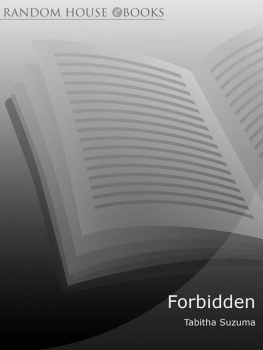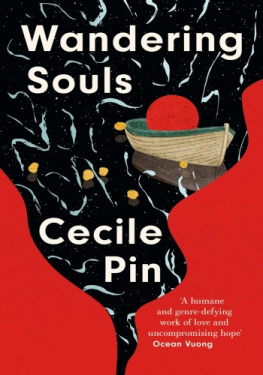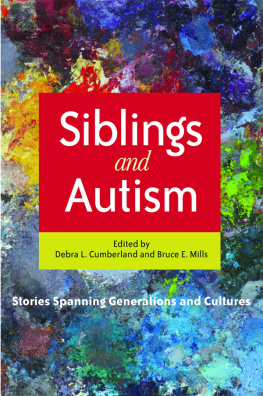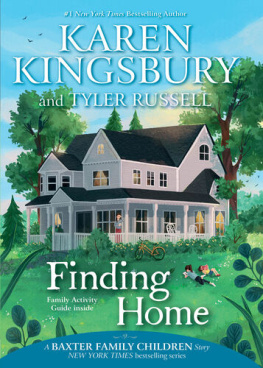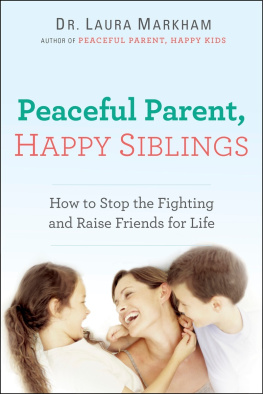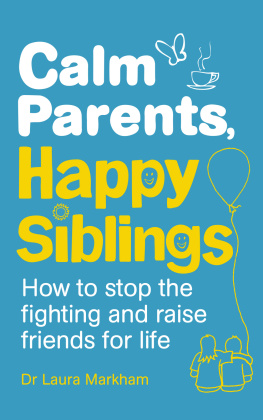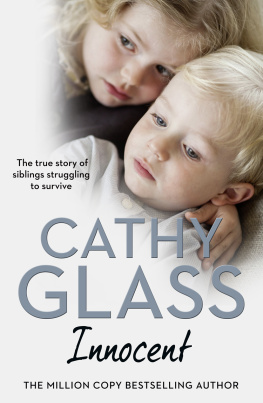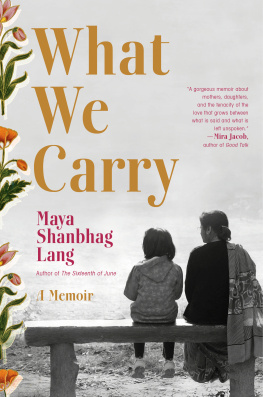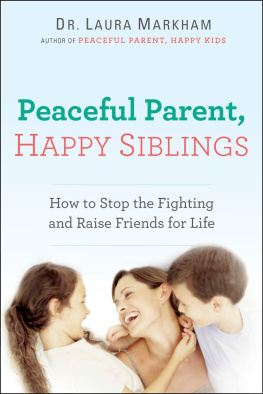TABITHA SUZUMA

Contents
This eBook is copyright material and must not be copied, reproduced, transferred, distributed, leased, licensed or publicly performed or used in any way except as specifically permitted in writing by the publishers, as allowed under the terms and conditions under which it was purchased or as strictly permitted by applicable copyright law. Any unauthorised distribution or use of this text may be a direct infringement of the authors and publishers rights and those responsible may be liable in law accordingly.
Version 1.0
Epub ISBN 9781409097426
www.randomhouse.co.uk
FORBIDDEN A DEFINITIONS BOOK 978 1 862 30816 9
First published in Great Britain by Definitions, an imprint of Random House Childrens Books A Random House Group Company
This edition published 2010
1 3 5 7 9 10 8 6 4 2
Copyright Tabitha Suzuma, 2010
The right of Tabitha Suzuma to be identified as the author of this work has been asserted in accordance with the Copyright, Designs and Patents Act 1988.
All rights reserved. No part of this publication may be reproduced, stored in a retrieval system, or transmitted in any form or by any means, electronic, mechanical, photocopying, recording or otherwise, without the prior permission of the publishers.
The Random House Group Limited supports the Forest Stewardship Council (FSC), the leading international forest certification organization. All our titles that are printed on Greenpeace-approved FSC-certified paper carry the FSC logo. Our paper procurement policy can be found at www.rbooks.co.uk/environment.

Set in 11.5/14.5pt Baskerville
Definitions are published by Random House Childrens Books, 6163 Uxbridge Road, London W5 5SA
www.kidsatrandomhouse.co.uk www.rbooks.co.uk
Addresses for companies within The Random House Group Limited can be found at: www.randomhouse.co.uk/offices.htm
THE RANDOM HOUSE GROUP Limited Reg. No. 954009
A CIP catalogue record for this book is available from the British Library.
Printed in the UK by CPI Bookmarque, Croydon, CR0 4TD
For Akiko, with love
Also by Tabitha Suzuma:
A Note of Madness
A Voice in the Distance
From Where I Stand
Without Looking Back
www.tabithasuzuma.com
Acknowledgements
I wish I could say writing this book was easy. It wasnt. In fact it was possibly the hardest thing Ive ever done in my life... Therefore I owe an enormous thank-you to all those who helped and supported me during this tough time. First of all, this book would have never existed had it not been for the passion and unwavering faith of my editor, Charlie Sheppard, who not only fought for this books creation, but continued to fight, during the many times I wanted to give up, to keep the book alive. I also want to offer my heartfelt thanks to Annie Eaton, who has been so encouraging and has kept believing in me and in this book so strongly. Editors Sarah Dudman and Ruth Knowles worked extremely hard and I am very grateful for their patience, expertise and commitment. My thanks also extend to Sophie Nelson and to the design team for their invaluable contribution.
I am especially grateful for the incredible support of my family. My mother not only tirelessly proof-reads my books at every stage, but also helps me find the time and energy to write them. Tansy Roekaerts offers me constructive feedback on all my books and always seems to know how to help me when I am stuck. Tiggy Suzuma is the pride of my life and somehow manages to make me laugh during the bad times and not take it all too seriously. Thalia Suzuma gives me invaluable feedback too, along with practical help and professional advice. Finally, I am so lucky to have as my best friend Akiko Hart, who not only helps me to write, but, more importantly, to live.
You can close your eyes to the things you do not
want to see, but you cannot close your heart to the
things you do not want to feel.
Anon.
C HAPTER O NE
Lochan
I gaze at the small, crisp, burned-out black husks scattered across the chipped white paint of the windowsills. It is hard to believe that they were ever alive. I wonder what it would be like to be shut up in this airless glass box, slowly baked for two long months by the relentless sun, able to see the outdoors the wind shaking the green trees right there in front of you hurling yourself again and again at the invisible wall that seals you off from everything that is real and alive and necessary until eventually you succumb: scorched, exhausted, overwhelmed by the impossibility of the task. At what point does a fly give up trying to escape through a closed window do its survival instincts keep it going until it is physically capable of no more, or does it eventually learn after one crash too many that there is no way out? At what point do you decide that enough is enough?
I turn my eyes away from the tiny carcasses and try to focus on the mass of quadratic equations on the board. A thin film of sweat coats my skin, trapping wisps of hair against my forehead, clinging to my school shirt. The sun has been pouring through the industrial-sized windows all afternoon and I am foolishly sitting in full glare, half blinded by the powerful rays. The ridge of the plastic chair digs painfully into my back as I sit semi-reclined, one leg stretched out, heel propped up against the low radiator along the wall. My shirt cuffs hang loose around my wrists, stained with ink and grime. The empty page stares up at me, painfully white, as I work out equations in lethargic, barely legible handwriting. The pen slips and slides in my clammy fingers; I peel my tongue off my palate and try to swallow. I cant. I have been sitting like this for the best part of an hour, but I know that trying to find a more comfortable position is useless. I linger over the sums, tilting the nib of my pen so that it catches on the paper and makes a faint scratching sound if I finish too soon I will have nothing to do but look at dead flies again. My head hurts. The air stands heavy, pregnant with the perspiration of thirty-two teenagers crammed into an overheated classroom. There is a weight on my chest that makes it difficult to breathe. It is far more than this arid room, this stale air. The weight descended on Tuesday, the moment I stepped through the school gates, back to face another school year. The week has not yet ended and already I feel as if I have been here for all eternity. Between these school walls, time flows like cement. Nothing has changed. The people are still the same: vacuous faces, contemptuous smiles. My eyes slide past theirs as I enter the classrooms and they gaze past me, through me. I am here but not here. The teachers tick me off in the register but no one sees me, for I have long perfected the art of being invisible.
There is a new English teacher Miss Azley. Some bright young thing from Down Under: huge frizzy hair held back by a rainbow-coloured headscarf, tanned skin and massive gold hoops in her ears. She looks alarmingly out of place in a school full of tired, middle-aged teachers, faces etched with lines of bitterness and disappointment. No doubt once, like this plump, chirpy Aussie, they entered the profession full of hope and vigour, determined to make a difference, to heed Gandhi and be the change they wanted to see in the world. Now, after decades of policies, inter-school red tape and crowd control, most have given up and are awaiting early retirement custard creams and tea in the staffroom the highlight of their day. But the new teacher hasnt had the benefit of time. In fact she doesnt look much older than some of the pupils in the room. A bunch of guys erupt into a cacophony of wolf whistles until she swings round to face them, disdainfully staring them down so that they start to look uncomfortable and glance away. Nonetheless, a stampede ensues when she commands everyone to arrange the desks in a semicircle, and with all the jostling, play-fighting, desk-slamming and chair-sliding, she is lucky nobody gets injured. Despite the mayhem, Miss Azley appears unperturbed when everyone finally settles down, she gazes around the scraggly circle and beams.

